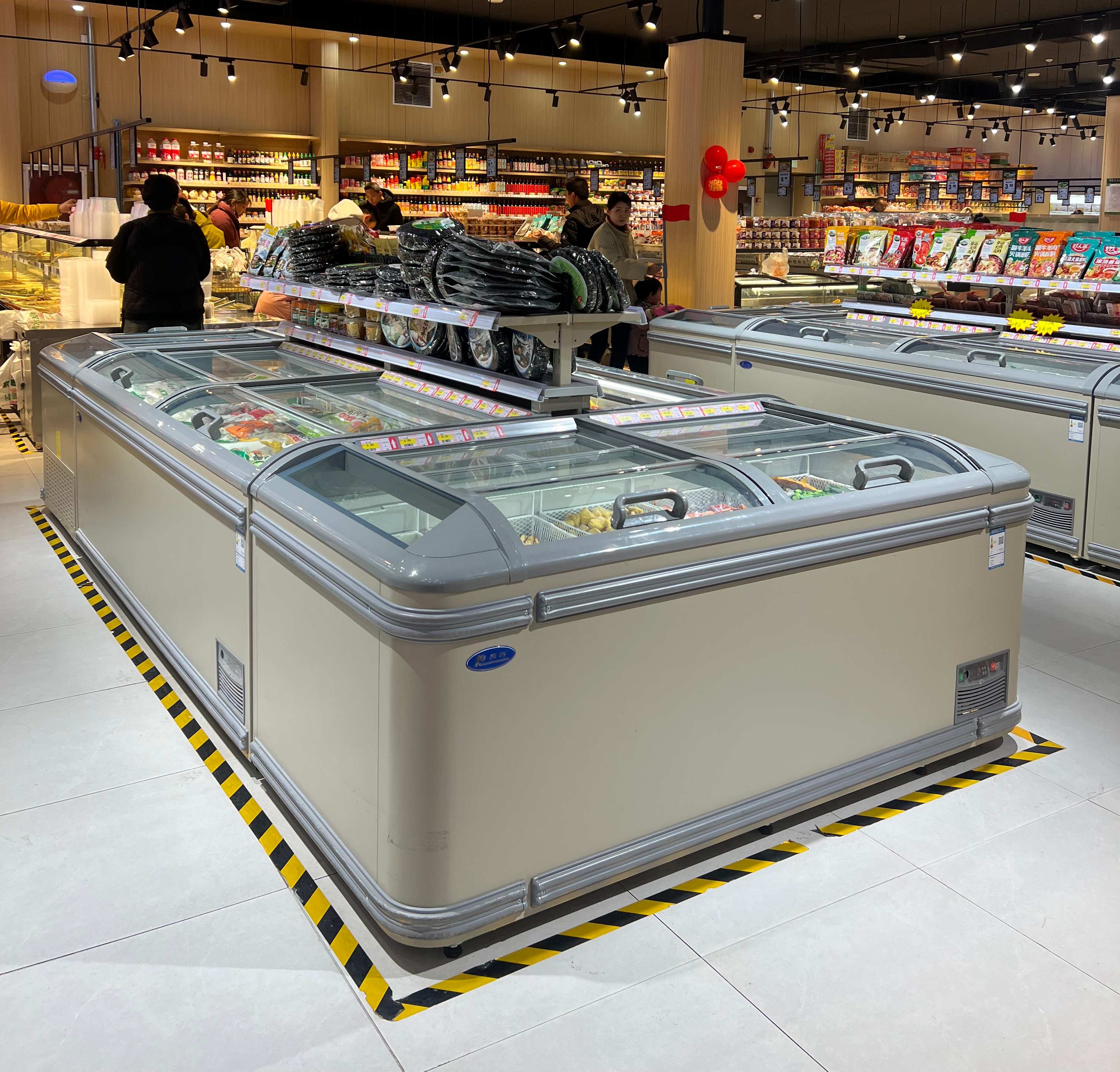Commercial freezers play a crucial role in the foodservice, retail, and industrial sectors. They provide reliable, large-capacity storage for perishable goods, ensuring food safety, extending shelf life, and supporting efficient operations. For B2B buyers and suppliers, understanding the key features and applications of commercial freezers is essential for selecting the right equipment for professional environments.
Key Features of Commercial Freezers
Commercial freezers are engineered to meet demanding operational needs:
-
Large Storage Capacity: Offers sufficient space to store bulk inventory efficiently
-
Temperature Stability: Maintains consistent low temperatures for safe food preservation
-
Energy Efficiency: Modern compressors and insulation minimize electricity consumption
-
Durable Construction: Built with heavy-duty materials resistant to wear and corrosion
-
User-Friendly Access: Sliding or hinged doors and removable baskets facilitate easy organization
-
Customizable Options: Adjustable shelves, digital temperature controls, and lockable doors
Applications Across Industries
Commercial freezers are versatile and suitable for a variety of professional scenarios:
-
Restaurants and Cafeterias: Store frozen meats, seafood, vegetables, and prepared meals
-
Supermarkets and Retail Stores: Maintain frozen products for retail distribution
-
Food Manufacturing and Processing: Preserve raw materials and finished products
-
Catering Services and Event Management: Ensure food remains fresh during storage and transport
Maintenance and Operational Tips
-
Regular Defrosting: Prevent ice build-up and maintain optimal efficiency
-
Proper Organization: Use baskets and compartments to reduce temperature fluctuations
-
Temperature Monitoring: Ensure precise control for consistent storage conditions
-
Routine Cleaning: Sanitize internal surfaces to meet food safety standards
Summary
Commercial freezers are indispensable tools for professional food storage, providing durability, temperature stability, and energy-efficient operation. Their versatility makes them ideal for restaurants, supermarkets, food manufacturing facilities, and catering services. B2B buyers and suppliers can leverage these features to optimize food preservation, operational efficiency, and product quality.
FAQ
Q1: What is a commercial freezer?
A1: A commercial freezer is a professional-grade freezer designed for large-scale storage of perishable foods in restaurants, supermarkets, and industrial kitchens.
Q2: What are the main advantages of commercial freezers?
A2: They provide stable temperature control, large storage capacity, energy efficiency, and durable construction.
Q3: How should commercial freezers be maintained?
A3: Regular defrosting, organized storage, temperature monitoring, and routine cleaning are essential.
Q4: Where are commercial freezers commonly used?
A4: In restaurants, supermarkets, catering services, and food manufacturing or processing facilities.
Post time: Oct-23-2025





